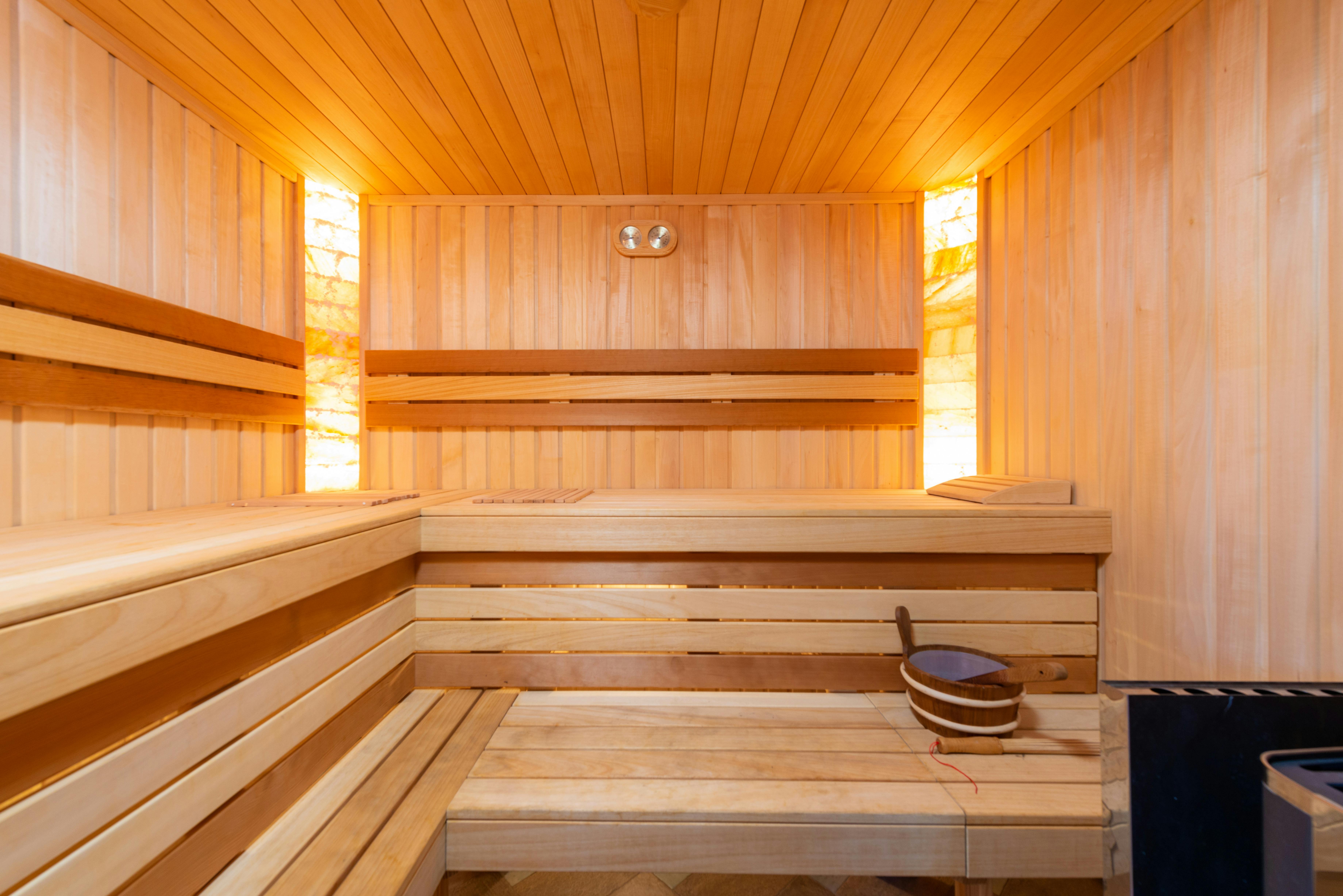Renting property out in Toronto can be a lucrative undertaking. With housing prices skyrocketing and many buyers being priced out of the market, growing numbers of people don’t ever foresee buying a place of their own. However, while rental income can definitely boost your bottom line – it can also set it back when it comes to tax time. In order to play your cards right, it is best to be unformed when it comes to the tax implications of becoming a landlord.
Claiming the income
The first thing to remember is that you must claim any and all rental income that you get. Whether you are simply renting out the spare bedroom in your basement or luxury apartments, any rental income will be counted towards your total net income for the year. However, the amount that you declare will depend entirely on how much of the property you own. If you own 100% of the building, then you will have to declare all of it. If you co-own the property, then you and the other owner can potentially split the income with your co-owner.
Claiming expenses
Naturally if you own property, then you are allowed to claim expenses against the maintenance and upkeep of the property. There are two kinds of expenses that are allowed. The first is current expenses, which pertains to regular maintenance. The second is capital expenses, which pertains to any lasting improvement to the property – for instance fixing the roof.
If your expenses are greater than the rental income of your property, then you will end up with a loss. Any losses can be deducted from your rental and regular income (if you have a day job).
Keeping track
Having a good accountant or keeping meticulous track of all your income and expenses with your rental units will go a long way towards ensuring that you don’t run into trouble when it comes to tax time.
Incorporating
If you own more than one rental property, then it might be a good idea to incorporate yourself as a business in order to lower your tax burden as corporations are taxed at a lower rate than individuals. Keep in mind that if you choose to go this route you will have to hire an accountant to help you with the intricacies involved with such a business.
Regardless of what you choose, the one thing you must to is to find out about the property tax code so that you don’t have any surprises. The CRA website is a treasure trove of information on that account and you can find it at //www.cra-arc.gc.ca/rental/.
https://imaginahome.com/wp-content/themes/osmosis/images/empty/thumbnail.jpg
150
150
Nisha Muire
Nisha Muire
https://secure.gravatar.com/avatar/d5fe8c2a727e05a050f28f8236ee415c4328cfed239ef48d94f0e8ac326e8708?s=96&d=mm&r=g



